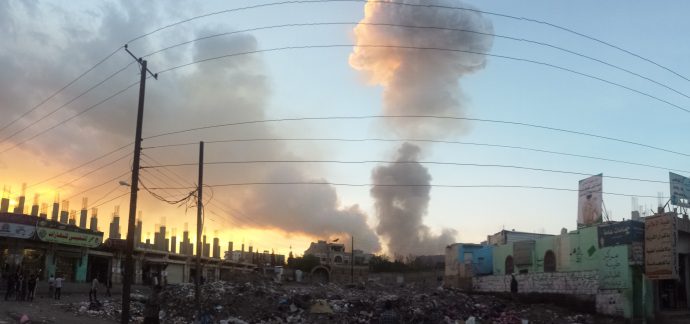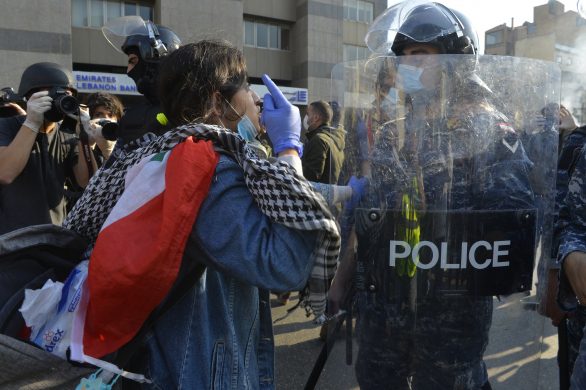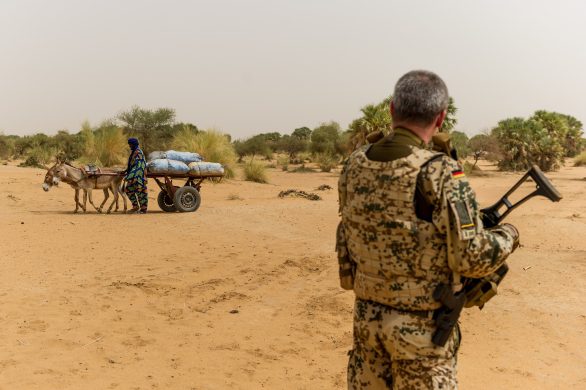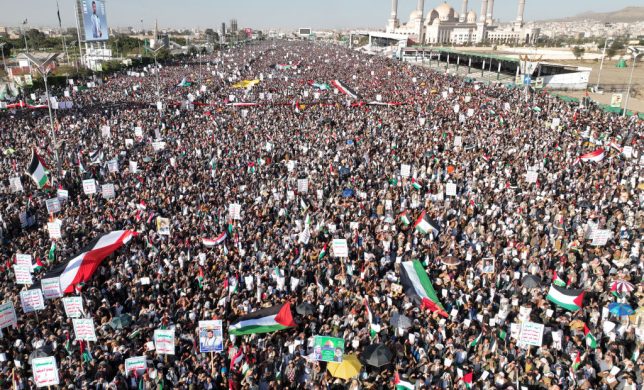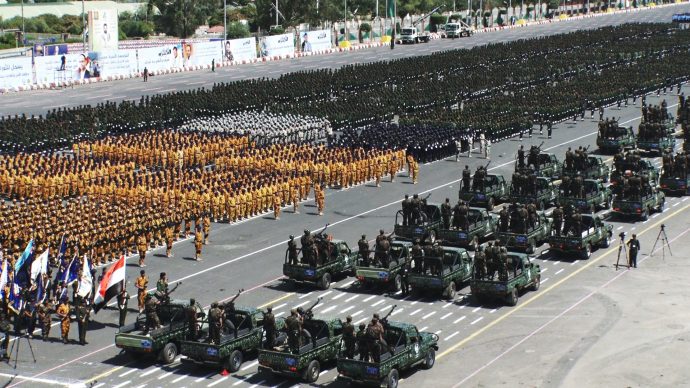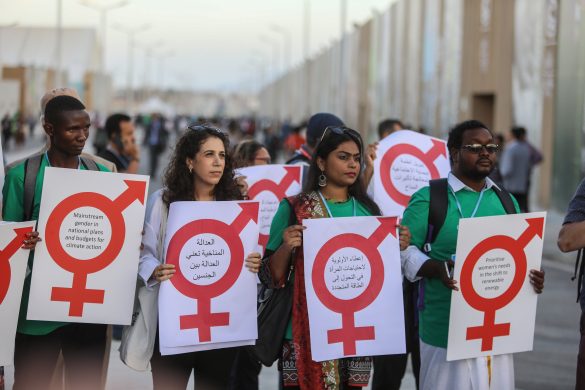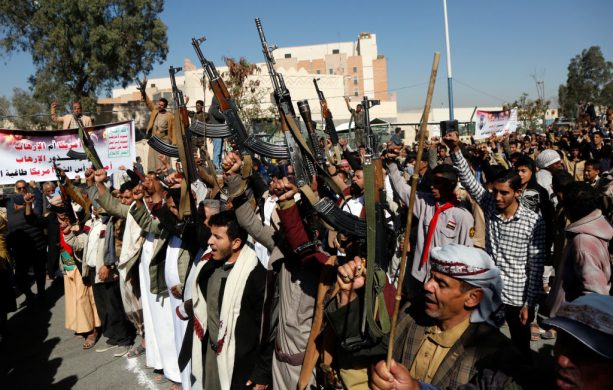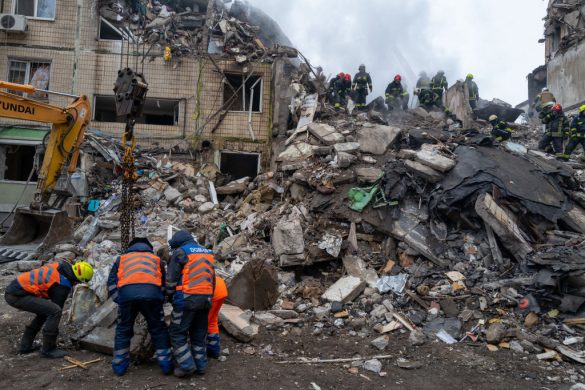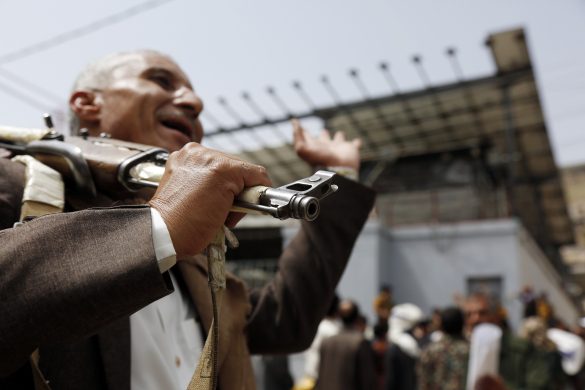OXFORD, 21 September, 2016 (Oxfam): Since March 2015, more than three million Yemenis have fled their homes, displaced by ongoing conflict. Many have been displaced for months or more than a year; they are quickly running out of ways to make ends meet. The situation is dire and getting worse, and hope for successful peace talks is fading.
Both displaced people and the communities hosting them face severely depleted funds, runaway inflation and a lack of opportunities to make a living. Forced coercion into armed groups, forced early marriage and tensions within families and communities are on the rise.
Drawing on surveys conducted in Yemen, this paper sets out what Yemenis are facing and what governments, armed parties and agencies must do to help get Yemenis back on their feet and reduce the chance of an entrenched, long-lasting crisis.
Summary of the report
When Oxfam spoke to more than 1000 people living in the midst of Yemen’s conflict, almost everyone wanted the very basics every human being desires – to live in peace, at home, with an income that meets the needs of their family.
But 18 months of war has created a country in crisis. The economy has been shattered, with one in four companies now closed and 70 percent of the workforce laid off.
Violent clashes and deadly air strikes have killed and injured thousands of men, women and children and forced over three million people from their homes. Half the population does not have enough food to eat. In some areas, the delivery of food has been deliberately obstructed. All sides in the conflict have committed violations of international humanitarian law (IHL) – including parties being armed by influential Western governments.
Close to one in five people Oxfam spoke to said their homes had been destroyed, and two-thirds had been displaced for ten months or longer.
Almost two-thirds of the people Oxfam spoke with said that close family members had died or had been injured as a result of the conflict, and nearly half the families were looking after unaccompanied children.
For those who try to return home, many find unexploded ordinance and destroyed schools, factories and health centres. Many told Oxfam they had no prospect of going home. Individual interviews and focus group discussions revealed a sense that the country was heading for collapse.
The majority of respondents said criminality had increased, and violence against and exploitation of women were on the rise.
People are living in overcrowded accommodation, forced into debt and poorly paid work in order to survive.
Some try to make a living by selling fuel on black markets, gathering plastic waste to sell, or selling firewood or qat (a mild herbal stimulant popular in Yemen).
As hope for successful and inclusive peace talks fades, the situation on the ground is getting worse. The loss of income sources and rampant inflation is eroding what little money host communities and those displaced have maintained to survive.
Children and young men have been coerced into joining armed groups; tensions between communities and within families are growing and girls are forced into early marriage. A journalist from Amran told Oxfam that when the family does not have enough food, fathers will often force their daughters into marriage.
However, there are some reasons for hope. Driven by the severe pressures of conflict, women are increasingly seeking out opportunities to earn a living, with some men supportive of their ambition. In many places, markets are still functioning for families with cash.
While Oxfam has reached almost 900,000 people with aid since the start of the crisis, much more needs to be done to meet basic daily needs, and ensure people’s safety and protection in an accountable way.
Communities that are hosting displaced people need aid as much as those that have fled and all must be consulted and participate in the delivery of assistance to ensure it reaches families in need (including socially marginalized groups).
Beyond that, people urgently need support to get back to work, earn an income and build their self-reliance. Even when the conflict truly ends, it will take years for the country to pick up the pieces. By starting now, we can improve lives in the short and medium term and reduce the impact of a perpetual crisis foisted on Yemen and its people.
Download rapporten Picking up the pieces: What Yemenis need to rebuild their lives in a country torn apart by conflict (PDF; 24 sider)

